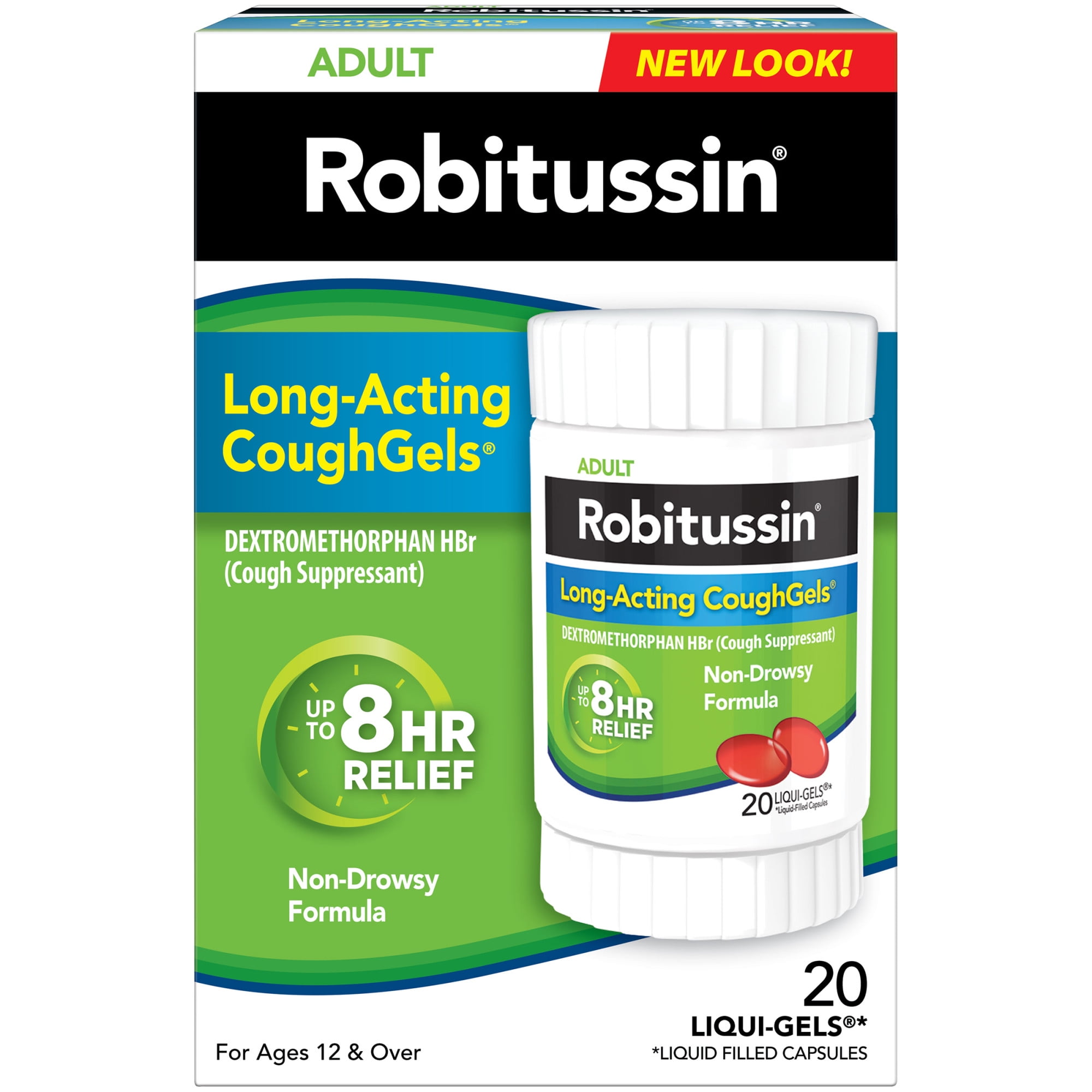

Know that many antihistamines can make you drowsy, while decongestants can keep you awake. A common decongestant is pseudoephedrine (Sudafed). Examples of antihistamines are chlorpheniramine and clemastine. Antihistamines and decongestantsĪntihistamines and decongestants work by targeting post-nasal drip that may be triggering your cough. Products such as menthol cough drops have a cooling effect in addition to opening your airways to help prevent coughing. For this reason, they may work better for a “wet” (productive) cough. Cough suppressants usually work better for a “dry” (non-productive) cough, which commonly results from irritation.Ĭough expectorants, like guaifenesin ( Mucinex), work by loosening up and thinning the mucus in your throat so you cough it up more easily. A common example is dextromethorphan (Robitussin, Delsym). Cough suppressantsĬough suppressants (antitussives) help by controlling your cough reflex. But it’s important to know that not all OTC cough medications are created equal or work the same way. There are many OTC cough medicines to help manage an acute cough - from syrups and pills to lozenges.

But coughing can happen due to other reasons as well.

The most common reason for an acute cough (short-term) is a viral upper respiratory tract infection (URI). 1 of 6 Best over-the-counter cough medicines


 0 kommentar(er)
0 kommentar(er)
